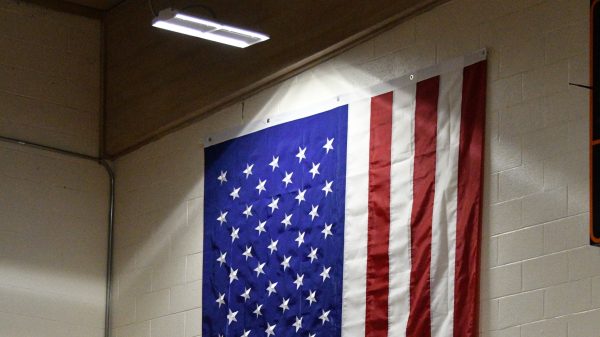By Brandon Moseley
Alabama Political Reporter
On Thursday, July 2 Alabama Attorney General Luther Strange (R) and Governor Robert Bentley (R) announced that BP has agreed to pay the State of Alabama a settlement of $2.3 billion. So that means that we can put that money in an account and draw interest while we pull $200 million a year out which would cure the General fund deficit problem for about 15 or 16 years right? Sadly no, it does not work like that. Only $one billion of that money is earmarked for the State General Fund (SGF). The other $one point three billion is for gulf coast restoration projects. Worse Alabama did not get even that money up front so there will be no BP trust fund to solve the state’s financial woes. The $one billion for the general fund is paid out over 18 years. That is ~$55.6 million a year which leaves the state needing approximately $142.4 million in either additional revenues or budget cuts to make revenues equals to expenditures.
Alabama Jobs Foundation Executive Director, Chip Hill said in a statement, “The BP settlement announced today will provide 1 Billion dollars to the General Fund over the next 18 years. While any and all money is welcome during this financial crisis, the settlement only provides 55.6 million dollars a year which temporarily plugs a hole but does nothing about solving our long term financial problems. We must break the cycle of using one time money as a full time fix for our budget issues. The Alabama Jobs Foundation believes the best long term solution for the state’s finances lies in the Constitutional Amendment proposed by Senator Del Marsh (R from Anniston). The Marsh plan will create 11,000 new jobs, infuse our economy with 1.2 Billion dollars, and generate 400 Million dollars annually. It is important that our state starts living beyond the next payday. Living hand to mouth is no way to fund state government.”
Under the Marsh plan, the state would start a state run lottery and negotiate a compact with the Poarch Creek Indians (PCI) to allow them to do class III gambling at their three existing casinos. The state would also recognize the Indians right to do business in Alabama (something presently disputed by the Attorney General’s office) in exchange Alabama would get taxes on the gaming revenue. Under the Marsh plan the state would also allow class III casinos at the four dog tracks in the state: Victoryland, the Mobile Dog Track, the Birmingham Race Course, and Greenetrack.
The foundation points to an Auburn University in Montgomery Study that estimated the expanded gaming would lead to 11,000 new jobs for Alabamians and generate $400 million a year in new tax revenue for the state.
Opponents of the plan dispute those numbers.























































